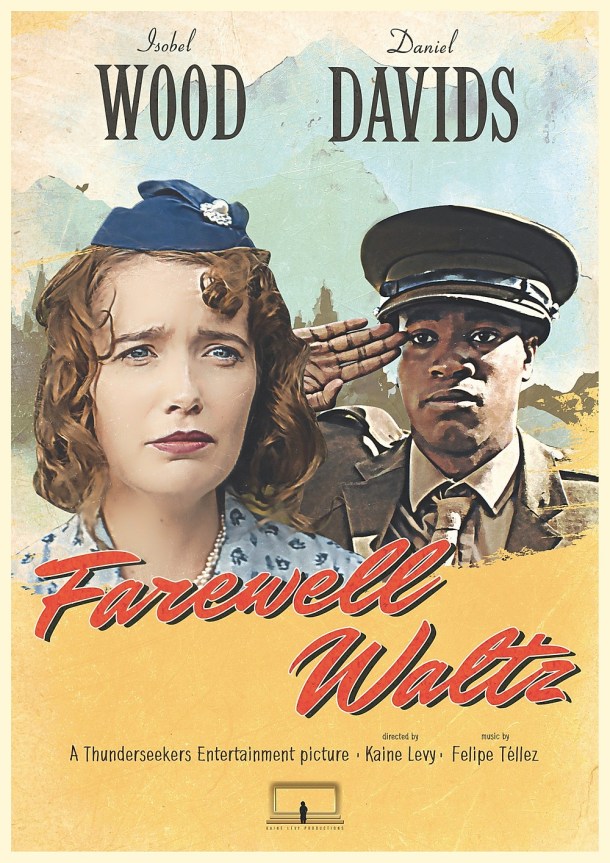
If you head into your viewing of Farewell Waltz without any context, you’ll have an enjoyable experience, it’s just the history behind the story – which I’ll come back to – gives it an even deeper meaning, which isn’t entirely displayed within the short itself. Nevertheless, this doesn’t take away from a solidly made short indie film, with two strong leads and an important story in its own right.
Written and Directed by Kaine Levy, the film begins on September 3rd, 1939, we’re introduced to Charles (Daniel Davids), a black farmworker who’s rubbing down a horse in the hot heat of a Hertfordshire day. After resting for a moment, he sees young white woman Rose (Isobel Wood) in the distance and she sees him, whether they already have met up before is unknown but there’s a clear connection through the ether, and an essence of love at first-sight.
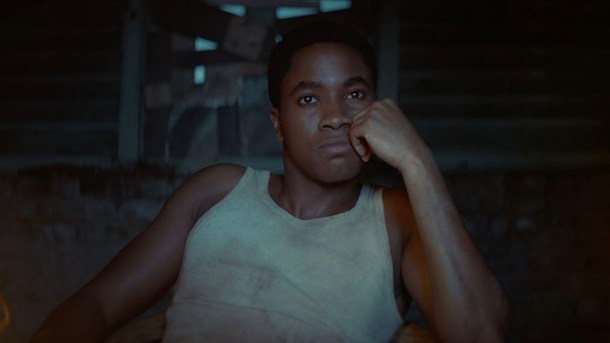
Farewell Waltz is, in principle, a silent movie as the two lead characters never physically speak to each other, each thought is discussed with either looks or off-in-the-distance reflection, especially from Daniel Davids’ Charles. He’s the key lead here and their race is also an important factor, as she’s clearly wealthy and he works on the farm, especially in era that was still problematical with race and interracial relationships. It already feels like… their love will never be.
During their initial meeting, there’s a minor overuse of an emotive orchestral piece accompanying the onscreen story. While it’s impressively performed by the Budapest Art Orchestra, it’s consuming for the moment, especially when you consider we’ve just met the pair and seen their connection. The music doesn’t need to push that yet, and a more subtle motif here would be more subtle and suggest the literal closer connection later. There’s also an important absence of context with Farewell Waltz because when you know what it’s influence by, which is only present in the press release, you see the wider picture.
Lead character Charles is inspired by Walter Tull, the first black officer during WW1 in the British Army, but this was a time when it was still illegal for black men to be a higher position of power than white men, and so Tull in himself is a genuine pioneer of equality. Accordingly to Levy, he never received any recognition because of the law at the time, so posthumously, you can see why this is an important subject, I just wish this was part of the short film as well, even with a slight intro/out on screen.

That being said, I do think the characters are strong and I empathised with them both, but the focus is mainly on Charles, and Davids has a captivating screen presence. You witness his development, putting us in the picture of who they are to each other, and what they will (or won’t) become. This is a basic love story, with the spirit of The Notebook, but with the context, it’s an even wider story of lost love and of an important individual.
Farewell Waltz has a lot of intrigue going for it, plus it’s beautifully shot by Natalja Safronova, and as this is Levy’s second short film – and of a different genre from the first – he’s already building a varied portfolio with curious ideas and a keen eye for authentic and honest cinematography.

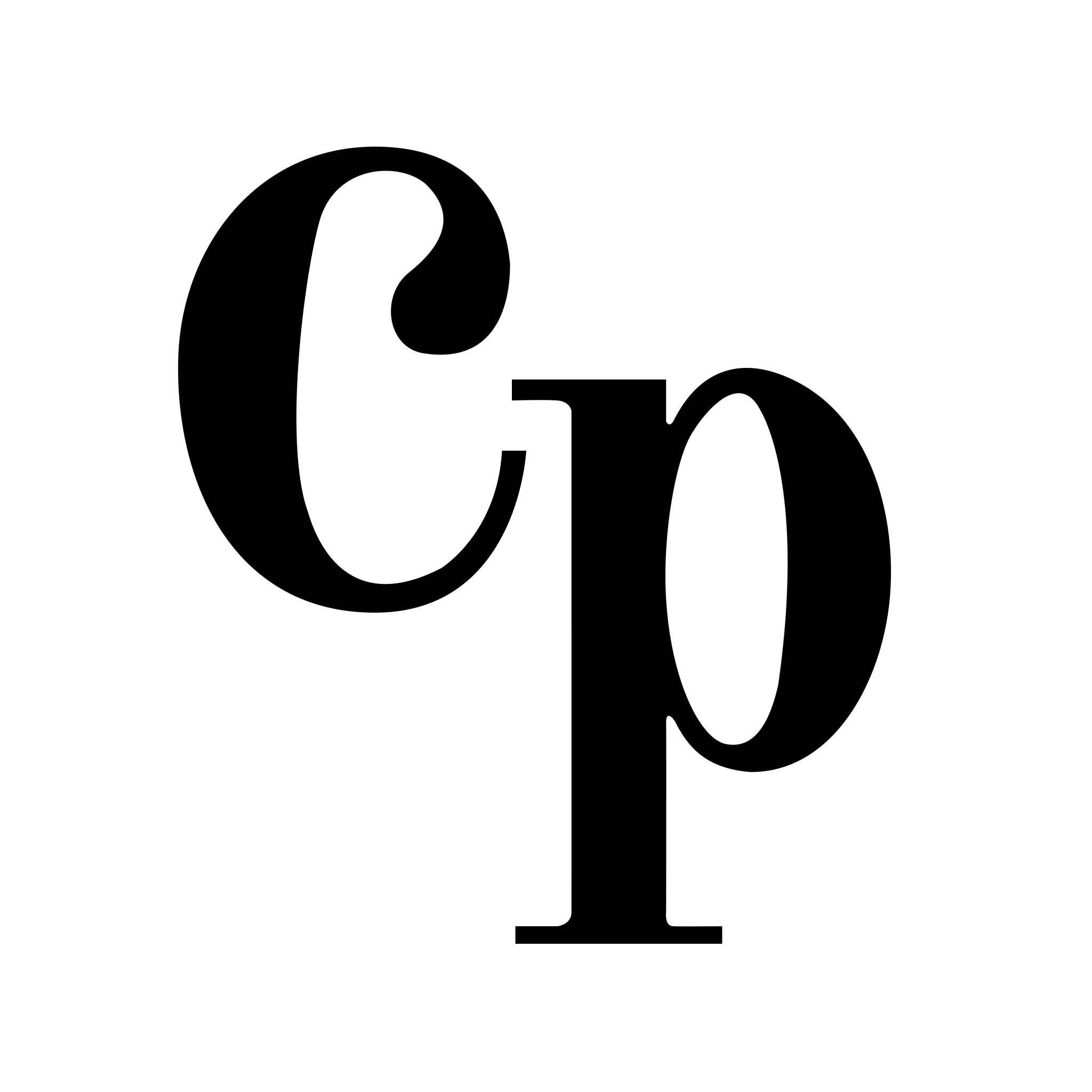
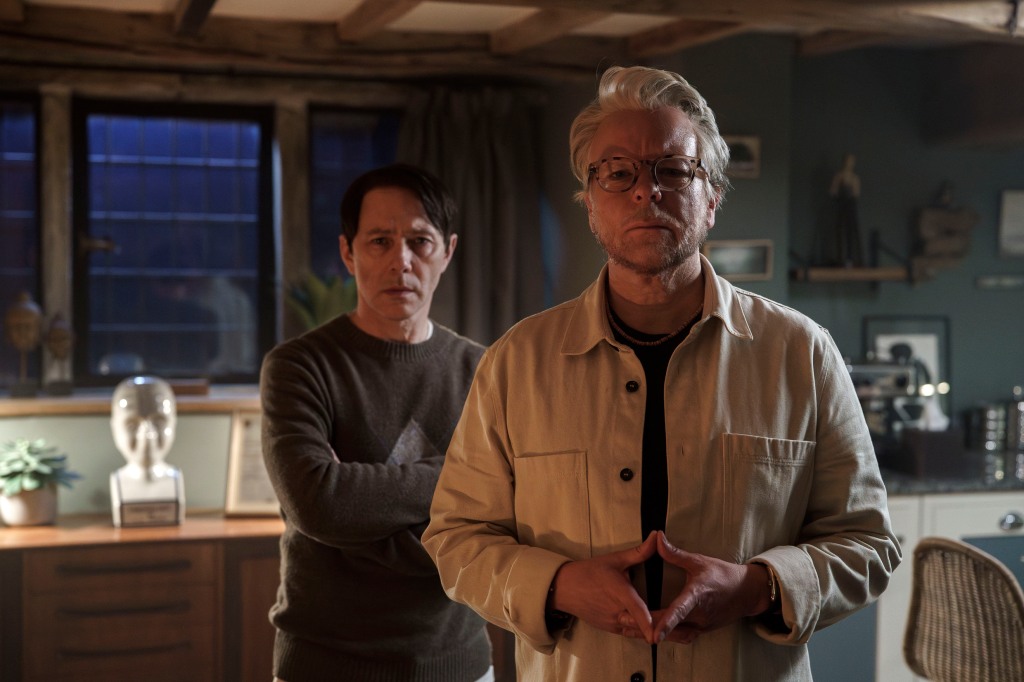

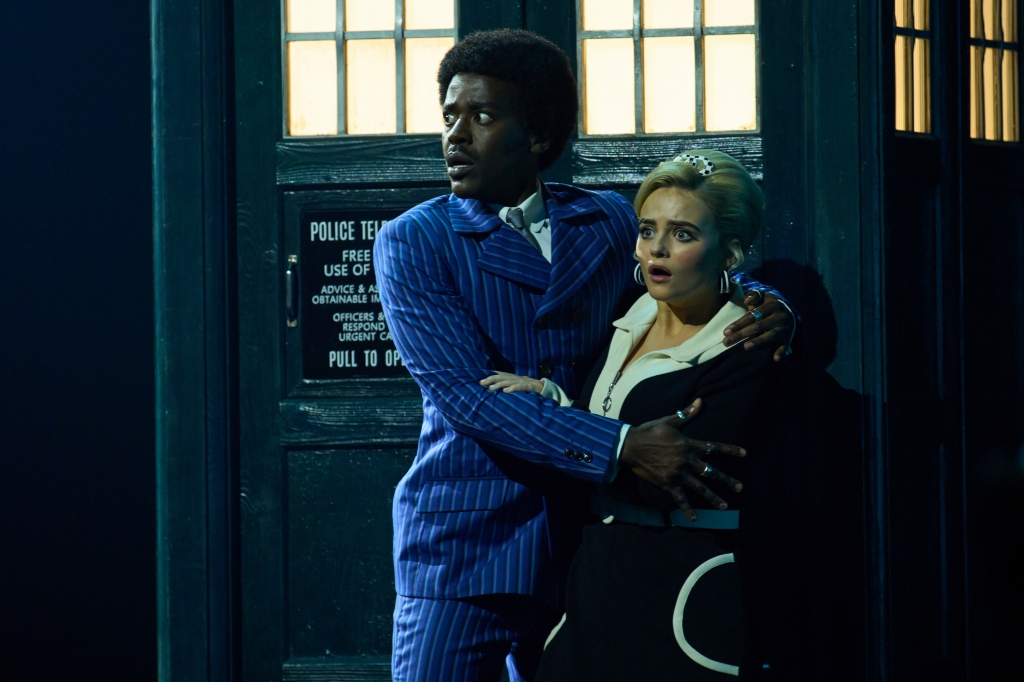
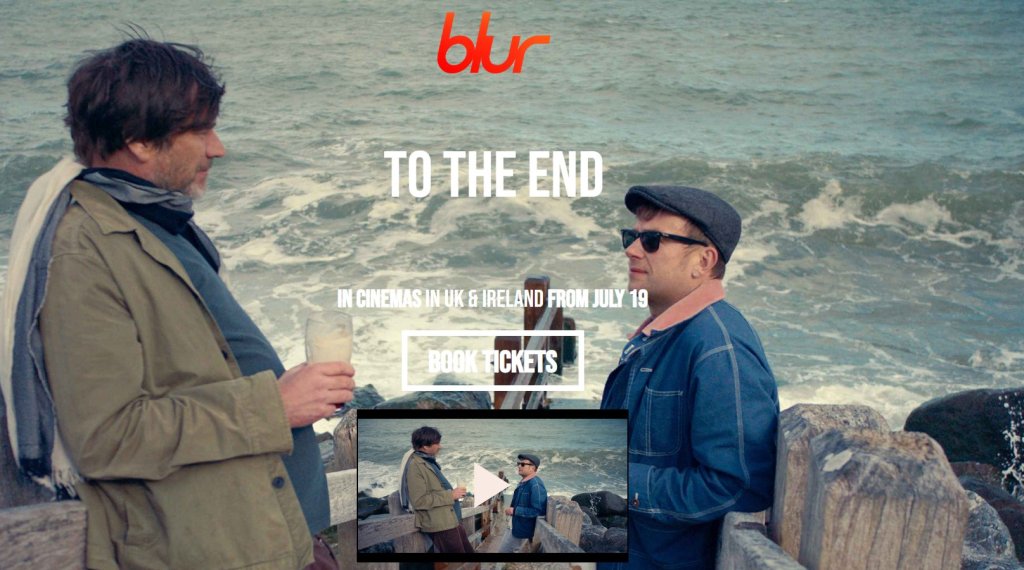

![The Cat And The Canary Blu-ray review: Dir. Paul Leni [Masters Of Cinema]](https://criticalpopcorn.com/wp-content/uploads/2024/04/image-5.png?w=1024)
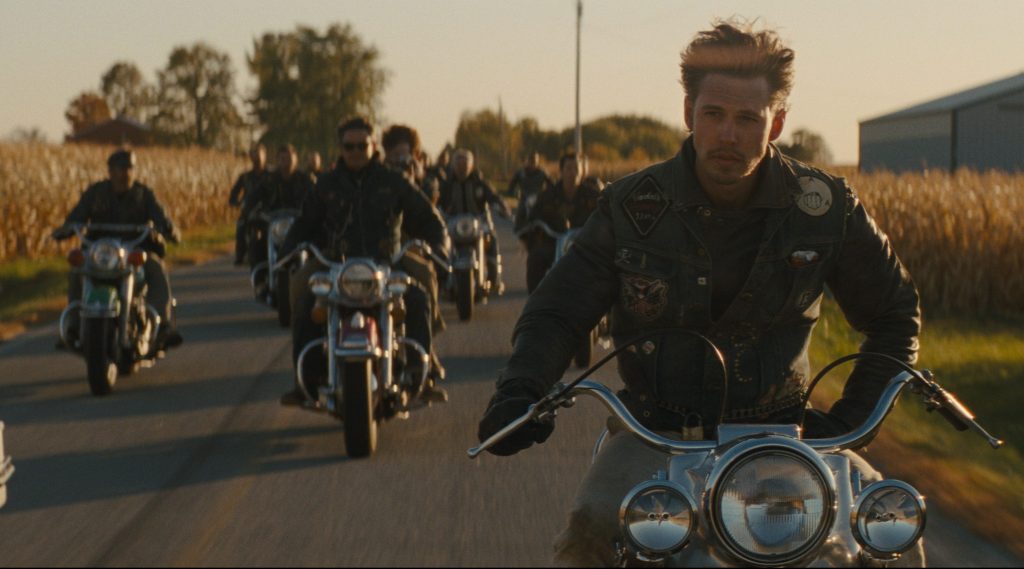


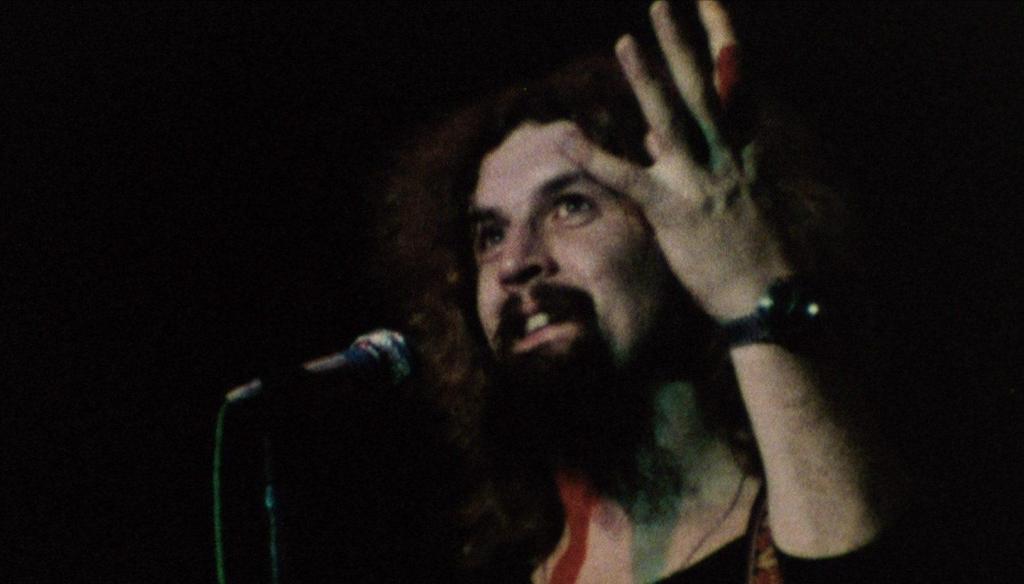
![Crimson Peak Limited Edition 4K UHD review: Dir. Guillermo del Toro [Arrow Video]](https://criticalpopcorn.com/wp-content/uploads/2024/04/crimson-peak-4k-arrow-video-highdef-digest-full.jpg?w=1024)
Post your thoughts